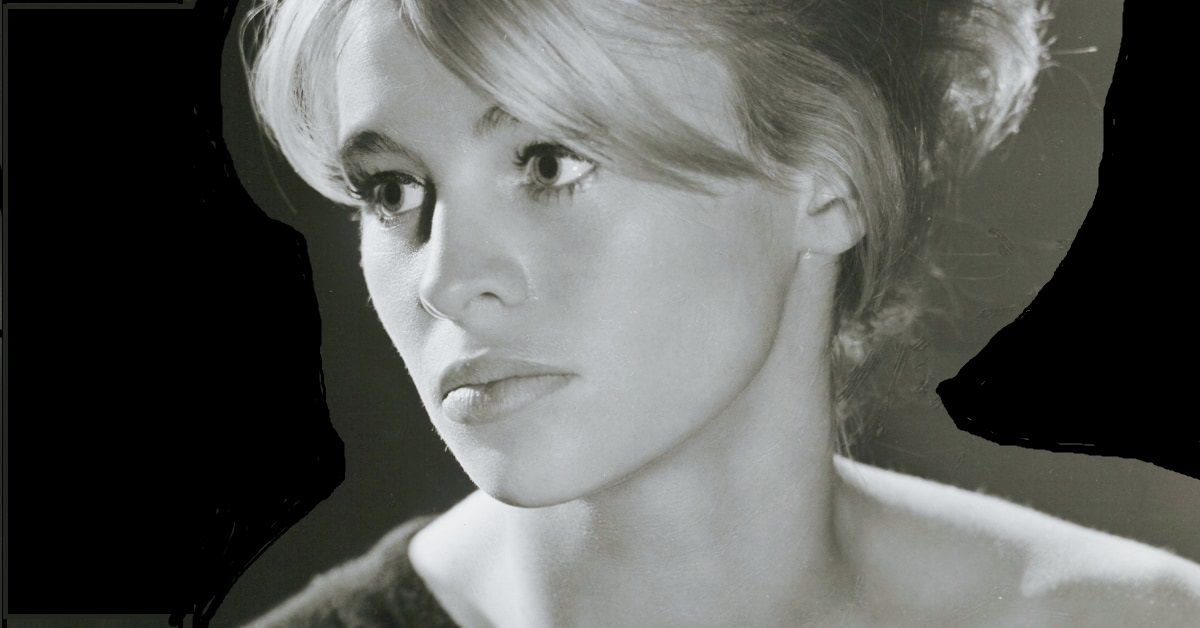HOME’s homage to Julie Christie this British Film Stars season

Words by Will Steele
Throughout January, HOME is presenting its British Film Stars season which seeks to celebrate a true icon of cinema: Julie Christie. Christie’s filmography is fascinating as it charts her meteoric rise to stardom, a successful transition to Hollywood, and a selective later career that culminated in a decade of commercial prominence and a serene swansong. Whilst Julie Christie may not be a ubiquitous household name, her impact and presence upon and within pop culture is seismic.
When innumerable articles label Julie Christie as an icon of the Swinging Sixties they tend to foreground her as a symbol of the sexual revolution yet overlook how she was even more so a revolutionary screen presence. Look no further than her brief yet unforgettable performance in the 1963 film Billy Liar in which she is wholly singular, unconventional, and naturalistic all at once without losing an ounce of levity amongst the stark realism of the British New Wave movement.
Then came 1965 in which Julie Christie epitomized the era with her Oscar-winning turn in Darling alongside leading David Lean’s Doctor Zhivago which- adjusted to inflation- remains the eighth highest-grossing film in history.
By the mid-1960s, Julie Christie had cemented her status as one of the brightest stars of the decade having won the Academy Award for Best Actress just four days after turning 26. Christie had many opportunities, however, she used her star power unconventionally when she opted to work with lauded French New Wave director Francois Truffaut on his first colour and only English language film: Fahrenheit 451. Reviews were mixed but particular ire was directed towards Christie with Time magazine going as far as to suggest the film “strongly supports the widely held suspicion that Julie Christie cannot actually act”.
Unperturbed by literary adaptations, Christie next played Bathsheba in John Schlesinger’s 1967 adaptation of Far From the Madding Crow which remains one of the most vivid and rousing representations of Thomas Hardy’s work onscreen. In an infamous scene involving a sword, Christie and her former off-screen partner Terrence Stamp manifest Hardy’s notorious bottled eroticism with all the sexual revelry that the 1960s has become synonymous with.
Beyond the Swinging Sixties, Julie Christie made an intrepid but prosperous transition to Hollywood. This decade of Christie’s career is best defined by her collaborations with numerous 70s auteurs linked together by her on-screen pairing with Warren Beatty. Chief amongst them all is her turn in McCabe & Mrs Miller. This Robert Altman-directed picture sees Christie hold her own against Beatty in one of the greatest Westerns of all time.
Julie Christie went on to achieve commercial success in Hal Ashby’s Shampoo and Buck Henry & Warren Beatty’s Heaven Can Wait, but her career beyond the 1970s is very unconventional. Christie began to take fewer roles in mainstream films, opting instead for smaller projects like James Ivory’s Heat and Dust. Throughout the 1990s, Christie endured in an eclectic fashion with roles in Kenneth Branagh’s 4-hour Hamlet, an appearance in dreadfully dated Dragonheart, a brief role in Dennis Potter’s Karaoke (1996), and then an unlikely Oscar nomination for the tepid comedic drama Afterglow.
The 21st century was not always kind to idols of the past, yet Julie Christie carved her own path. She was acclaimed for her supporting performance in the maudlin film Finding Neverland and then as a woman enduring Alzheimer’s disease in Away from Her. Yet likely her most widely seen performance is one of her smallest: In 2004, Christie was not only in the historical epic Troy, but she was the Landlady of the Three Broomsticks, Madame Rosmerta, in Harry Potter and the Prisoner of Azkaban.
So whilst you may not have known her name, you almost certainly have seen Julie Christie. Her work in the 1960s remains the most dazzling, but her subsequent career has been like no other. Almost every project she lent her talents to holds historic, cultural, and artistic significance. Biographical descriptions and personal praise can only go so far: to truly understand the power of Julie Christie, I implore you to see her come to life on the big screen.
HOME is showing Julie Christie’s filmography until the January 29.







